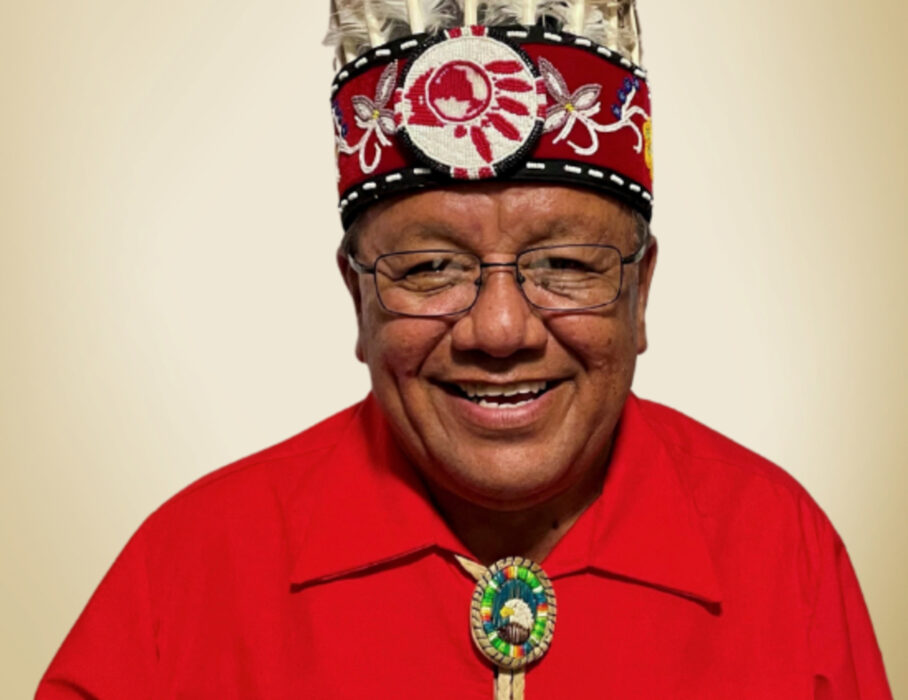
Ontario Regional Chief Glen Hare issued the following statement marking the United Nations International Day for the Elimination of Violence against Women and calling for all to stand in support of First Nations women, girls, and 2SLGBTQQIA+ people throughout Ontario and with women around the world.
“Two out of three Indigenous women in Ontario experience some form of violence. Every day, First Nations women and girls in communities throughout Ontario are faced with decisions that are a matter of life and death,” said Hare. “For over a century, First Nations women have been marginalized, oppressed, and silenced through structural inequality and acts of violence that no woman or child should endure.
“Today, on International Day for the Elimination of Violence against Women and the start of the 16 Days of Activism against Gender-Based Violence, First Nations Leadership in Ontario call on all levels of government to prioritize ending gender-based violence and to support culturally relevant, community-based services for women, girls, Two-Spirit and LGBTQQIA+ people.
“I would also like to acknowledge the First Nations Women’s Council (FNWC) for their work in advising First Nations Leadership on effective approaches to ending gender-based violence in First Nations communities.
“It has been two years since the release of the Final Report of the National Inquiry into Missing and Murdered Indigenous Women and Girls (MMIWG). First Nations families and survivors from across Ontario have contributed input to the MMIWG National Action Plan and have helped to shape an Ontario-specific First Nations action plan on gender-based violence. The First Nations Women’s Council is working to address initial priorities such as supporting victim services for First Nations women and gender-diverse peoples who flee violence, raising awareness of gender-based violence, and promoting safe spaces; however, much more needs to be done. It is essential that all levels of government provide support in implementing community-led solutions and healing approaches.
“Research shows that First Nations women and 2SLGBTQQIA+ people are more likely to experience physical and emotional neglect; family dysfunction; parental incarceration; intimate partner violence; substance abuse or mental illness in the home; and parental separation. The need for action is more critical than ever.
“On behalf of the Chiefs of Ontario, we lift up the FNWC for their work in providing a community voice on priorities that affect First Nations women and girls and support women’s leadership.
“As we mark International Day for the Elimination of Violence against Women and the start of the 16 Days of Activism against Gender-Based Violence, I call on all Canadians to show their support for First Nations women, girls, and 2SLGBTQQIA+ people, not just today, but always.”
Deputy Grand Chief Stacia Loft, Association of Iroquois and Allied Indians, First Nations Women’s Council, said: “As female leaders dedicated to this work, we call on men to stand with us, beside us, to support the work we are doing. First Nations women and girls are faced with many issues, such as racism, and systemic barriers, violence in the home only adds to the despair. We need to create safe space and encourage healing in our communities and structures.”
Elder Donna Debassige, Anishinabek Nation, First Nations Women’s Council, said: “Our young people need to be protected. We must work together to end violence and to give each new generation, and those unborn, a healthy and safe community enriched through our culture and language.”
For more information on the United Nations International Day to End Violence against Women, visit: www.unwomen.org.








